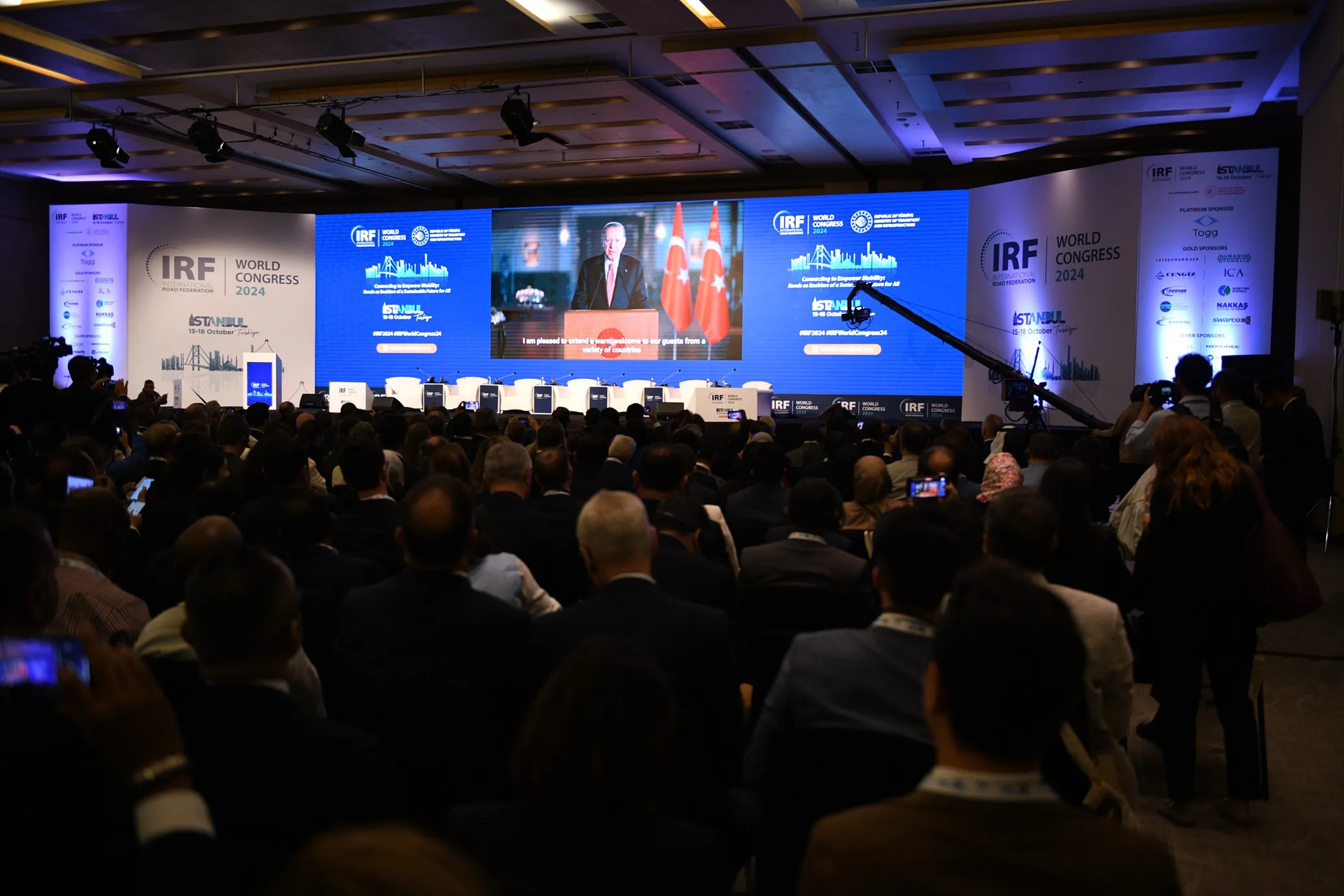The Western Road Usage Charge Consortium (WRUCC) of the US has appointed sustainable transportation funding specialist D’Artagnan to develop a roadmap for states to consider road usage charges. Eleven WRUCC member states will collaborate to study and adapt best practices from successful road usage charge efforts around the globe
Road usage charging (RUC) has grown in popularity in recent years among state government officials in search of long-term solutions to address declining gas tax revenues. However, there is no known resource that synthesises prior efforts to study or implement RUC, examines their effectiveness, or translates these experiences into lessons learned.
The D’Artagnan team will draw on its extensive work supporting RUC efforts globally to provide a comprehensive analysis of past experiences, successes, failures, and lessons learned to assist nascent efforts to formulate distance based charging strategies.
The study outputs will include a synthesis report of policy development approaches and processes. In addition, D’Artagnan will create and customise a decision tool for agencies and policy makers to utilise in guiding the development of RUC policies in their own jurisdictions.
D’Artagnan to develop road map for US RUC consortium
The Western Road Usage Charge Consortium (WRUCC) of the US has appointed sustainable transportation funding specialist D’Artagnan to develop a roadmap for states to consider road usage charges. Eleven WRUCC member states will collaborate to study and adapt best practices from successful road usage charge efforts around the globe Road usage charging (RUC) has grown in popularity in recent years among state government officials in search of long-term solutions to address declining gas tax revenues. However, t
January 29, 2016
Read time: 2 mins
Related Content












